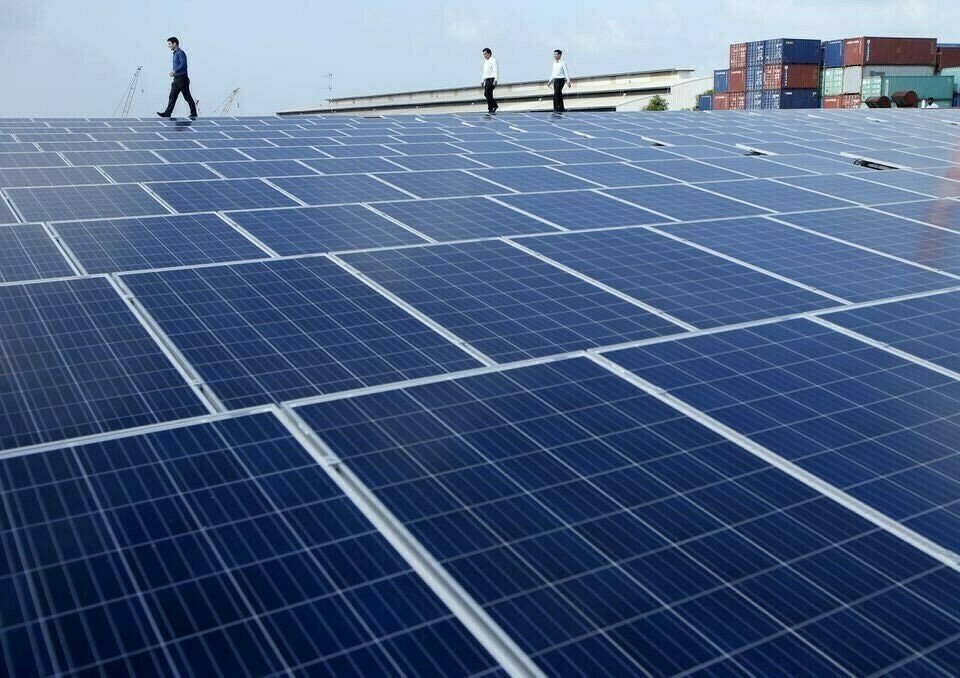In response to circulating reports suggesting the government’s intention to impose a fixed tax on solar power, the Power Division issued a statement on Saturday refuting the claims.
In response to circulating reports suggesting the government’s intention to impose a fixed tax on solar power, the Power Division issued a statement on Saturday refuting the claims. The division categorically stated that there is no truth to the news regarding the imposition of a fixed tax on solar electricity.
Social media platforms had been abuzz with reports indicating that a summary had been submitted to introduce a fixed tax on solar electricity. These reports purported that the Central Power Purchasing Agency (CPPA) had proposed a tax of Rs2,000 per kilowatt for individuals and businesses installing solar panels.
Addressing these claims, the Power Division clarified, “The Central Power Purchasing Agency or Power Division has not sent any such summary to the government in this regard.” This assertion directly contradicts the widespread speculation regarding the proposed tax.
While dismissing the notion of a fixed tax on solar power, the Power Division hinted at the possibility of revising tariffs for solar net metering. It expressed concerns about the current system, stating that it encourages disproportionate investment in the sector, particularly by affluent individuals. The division’s statement coincides with a significant drop in solar panel prices, attributed to substantial imports from China.
Moreover, the Power Division highlighted the financial implications of the existing subsidy structure on solar power. It revealed that domestic, industrial, and governmental consumers collectively bear a subsidy burden of Rs 1.90 per unit. This subsidy has adverse effects, impacting 25 to 30 million consumers. The division warned that if the current trend persists, the bills of low-income consumers could increase by as much as Rs 3.35 per unit.
Emphasizing the significance of the “Net Metering Policy 2017,” the Power Division underscored its role in promoting alternative energy sources within the national grid. Following the implementation of this policy, there has been a notable surge in solarization efforts across the country. However, the division acknowledged the necessity of reevaluating the policy framework to adapt to evolving market dynamics.
In light of these considerations, the Power Division revealed that it is actively reviewing proposals and amendments aimed at alleviating the financial burden on low-income consumers. Efforts are underway to recalibrate the tariff structure to ensure equitable access to solar power while safeguarding the interests of vulnerable segments of society.
As discussions regarding the future of solar power taxation and tariff policies continue, the Power Division remains committed to fostering a sustainable energy landscape that balances economic viability with social equity.
